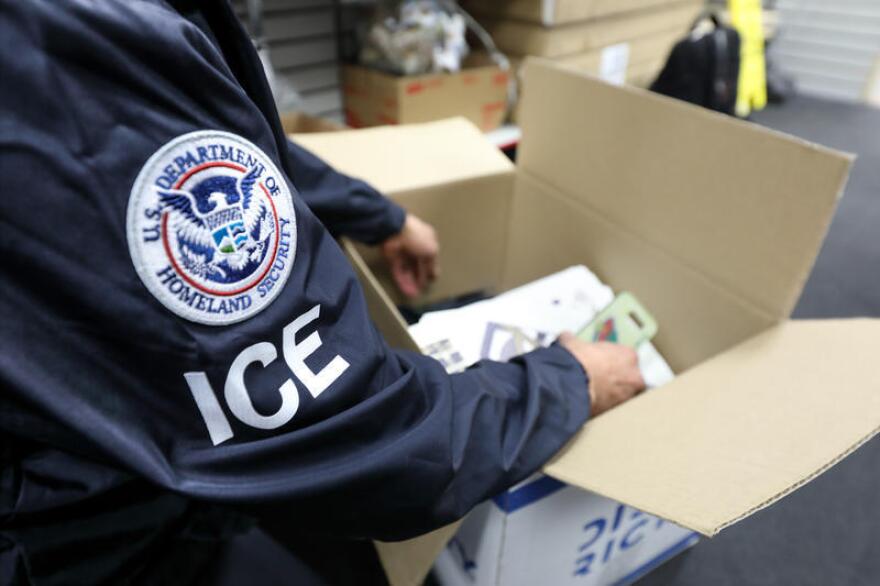New Hampshire lawmakers are considering a bill to stop the deportation and provide a path to lawful permanent residence, but not immediate citizenship, to undocumented children and young adults who have been abused, neglected or abandoned by their parents.
Similar protections have existed at the federal level since 1990, but there is a discrepancy with New Hampshire law about the age of the beneficiaries. The sponsors are trying to make the state comply with federal requirements. Current New Hampshire law says people under 18 years old can apply for this Special Immigrant Juvenile Status, but the new bill would expand protections for people under 21, as federal law dictates.
Immigration advocate and attorney Bruno D’Britto says the procedure can be costly, and many can not afford an attorney before the age 18. This prevents some young adults from receiving special status at the appropriate age. He said Increasing the age range could help them obtain this classification, which can change their lives.
D’Britto says many abused children who arrive undocumented in the United States can never work legally as adults; they can not be eligible for federal benefits or enjoy a sense of stability and mental health well-being. They fear returning to their home countries.
“This law could give them a tool to achieve what they want in life, to pursue their dreams,” he said. “But only two or three attorneys in the whole state of New Hampshire have done these cases in the past. Nobody knows what they are doing.”
To receive this status, a juvenile court has to determine that reunification with one or both parents is not viable. The child must also live in the United States and be under federal custody or the state welfare system. Young adults must not be married.
The bill also intends to expand this benefit to seriously impaired children and those who have experienced the death of one or both parents.
In a hearing this week at the House of Representatives, advocates and bill sponsors raised awareness of the purpose of this law and explained how state courts could help vulnerable immigrant children. They emphasized the courts’ responsibility to protect these people from being returned to their parent’s country.
“The courts right now don’t understand what it is to be an immigrant,” said D’Britto.
Rep. Laura Telerski, the lead sponsor of the bill, said once the application is submitted in a state court, only the federal government can grant or deny this classification.
“But it is the state's responsibility to provide factual findings of a vulnerable child,” she said.
Telersky said there are inconsistencies between judges when ruling about Special Immigration Juvenile Status, leading to some children not being protected.







